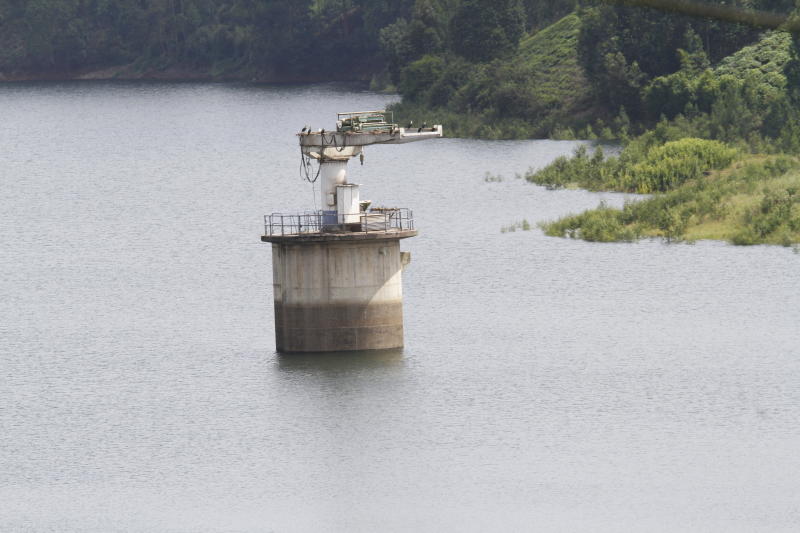×
The Standard e-Paper
Join Thousands Daily

Leaders from Nairobi and Murang'a have reached an agreement on the use of water from Ndakaini Dam.
Tension had been rising between the two counties, with some leaders from Murang'a demanding that 10 per cent of the water from the dam be reserved for the county.